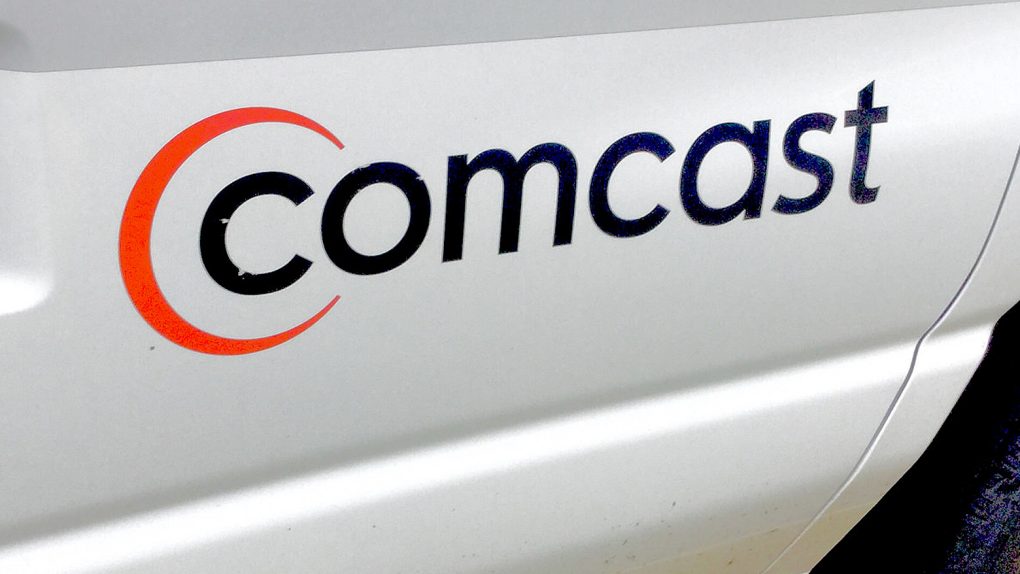2017 has been a rollercoaster year, but you might want to sit down to absorb this particularly unexpected piece of news: Comcast is raising the price of its standalone broadband plan.
Stop the Cap, a website dedicated to holding broadband companies accountable, reports that the price of Comcast’s standalone 25Mbps internet package — the minimum internet speed needed to meet the FCC’s definition of broadband — is increasing to $75 a month in some markets.
The price change only applies to Comcast’s Performance Internet service, which is the standalone internet package. Different pricing (and different price hikes!) apply to Comcast’s Xfinity service, which bundles TV, internet, and phone plans if needed.
The new $75 price, which applies after any promos have expired, is a $10 increase from the $65 price that the package has been sitting at for most of 2017. A $5 price increase to $70 a month was already rolled out a few months ago, so this really does look like a slow, creeping price increase that’s designed to increase revenue with the minimum of consumer outrage.
You can expect price hikes for standalone broadband to become the new norm, thanks to the reality of a shrinking cable TV industry. The $100-a-month cable packages have traditionally been where cable companies make their money, and internet has long been the necessary evil that cable companies have to supply.
With cord-cutting picking up speed faster than anyone imagined, and the lack of competition in the home broadband market, it makes perfect sense that cable companies are going to rely more and more on home internet for profits. Cable companies know that consumers aren’t going to go completely without internet just because of a $10-a-month increase, and the companies can blame any price increases on “ongoing investment in the network.”
Wall Street analysts have been pushing cable companies for years to increase pricing, citing the lack of effective competition as the reason they can get away with it, and the new-look FCC, under former Verizon lawyer Ajit Pai, has shown zero interest in regulating cable companies.










